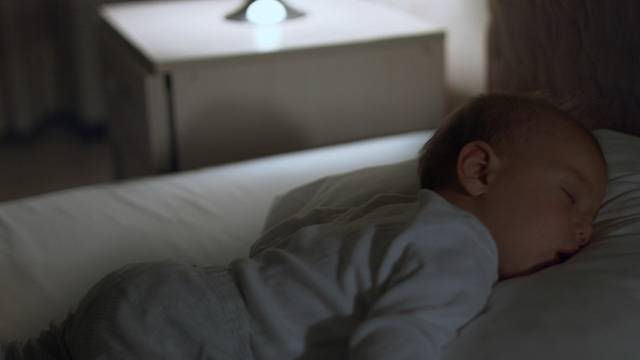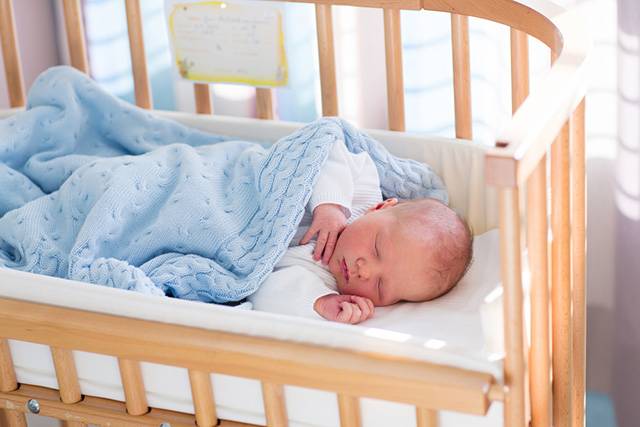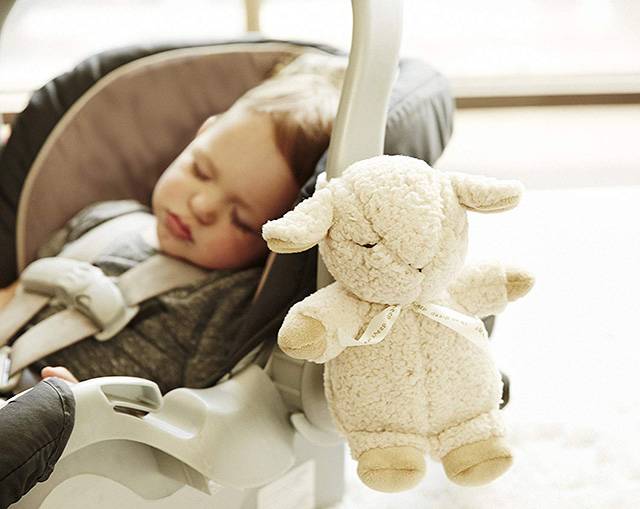There has to be a time in a baby’s life when they eventually stop waking up after a couple of hours for a bottle before heading back to sleep. Think about it – we, as adults, generally do not wake up through the night in search for a snack or a full course meal; which means that there came a time when our parents weaned us off of nighttime feedings.
But when do you draw that line and let your baby sleep through the night without waking them up for a bottle? You don’t want to start the process too early and cause your baby to become malnourished but you also don’t want to leave it too late and encourage unhealthy eating habits in your baby.
That is why it is important to use the discretion of licensed professionals, your own experience and that of your peers, and also use the direction of your baby themselves. Let’s explore this a little deeper.
Sleep schedules for babies
Babies are not born with the natural clocks that adults have for knowing when it is nighttime and when it is daytime. They will sleep when they are tired and they will be awake, alert and ready to go when they have reached a sufficient level of rest.


Generally speaking, by six months of age – your baby will be sleeping at least six or seven hours without needing to be awakened or waking up naturally looking for nourishment. Once they have reached the age of a year; they should be fully adjusted to sleeping through the night.
The only way your baby should wake up throughout the night after they’ve reached the age of a year or older is if they are sick, scared or an emergency wakes them.
When it is safe to not wake your baby up for a feeding in the nighttime?
As long as your baby is gaining weight safely and at a rate that is in accordance with other babies in their age and vital categories – let your baby decide when they want to sleep through the night.
Generally speaking, it is by the age of six to nine months your baby should be sleeping longer periods of time at night. This is because they are eating and drinking more throughout the day. They are starting to recognize and learn that during the brighter daylight hours – they have more stimulation, bonding moments with their parents and engaging in more developmentally important activities. Their bodies are also changing and with that, their tummies are not as small as they were three months previous. They are able to hold onto the full feeling that comes with a feeding for a longer period and the pangs of hunger do not wake them throughout the night as they once did.
Once thing to note is while your baby might be sleeping longer periods of time throughout the night – they won’t be sleeping as much throughout the day. Most parents of children one year and older consider them lucky if they can get their baby to have two small naps a day – midmorning and afternoon.
Setting up a pleasant sleeping environment for your baby
Another way to get your baby to sleep through the night and not wake up searching for the comfort of a bottle is to ensure that their nursery is set up in a manner that is soothing, comfortable and safe.
- Have the temperature of the room to be cool without being cold and warm without being stifling. You want the room to be comfortable to the average adult and by doing this – you eliminate the risk of your baby overheating or potential SIDs.
- Use a white noise machine or fan to eliminate the noises of the household as everyone winds down for bed. The fan also helps keep the room cool.
- Place your baby on their back to prevent choking or suffocation. Introduce a blanket to their crib after they turn a year or older as they can lack the coordination to remove the blanket from their face.
- Establish a routine for bedtime to signal to your baby that is it time for bed. After supper, allow for a small period of playtime, then give them their bath. Once they are dried off and moisturized, you can change them into their clean pajamas, read a short story in a low tone, and give them their final bottle before morning (once they are at the age they are not waking up throughout the night).
Conclusion
The important thing to remember when it comes to your baby and their nighttime feeding – you are the parent and it’s entirely up to you when you start to decrease the number of nighttime feedings. Granted, your baby will require their nighttime bottle for a number of months to ensure a healthy growing schedule but your baby will also let you know when they are ready for their nighttime bottle to stop.
As long as your baby is six months of age or older; you will be fine stopping their nighttime feeding. If your baby’s doctor feels that they need the additional nutrition, they will let you know. Listen to their advice and also watch for the signs of your baby sleeping through the night. Once your baby is six months, they will start sleeping more soundly and will sleep for approximately six hours before getting up in the morning.
Another option to consider is to start by decreasing their bottles during their daytime naps, especially once they are on a diet of solid foods.





